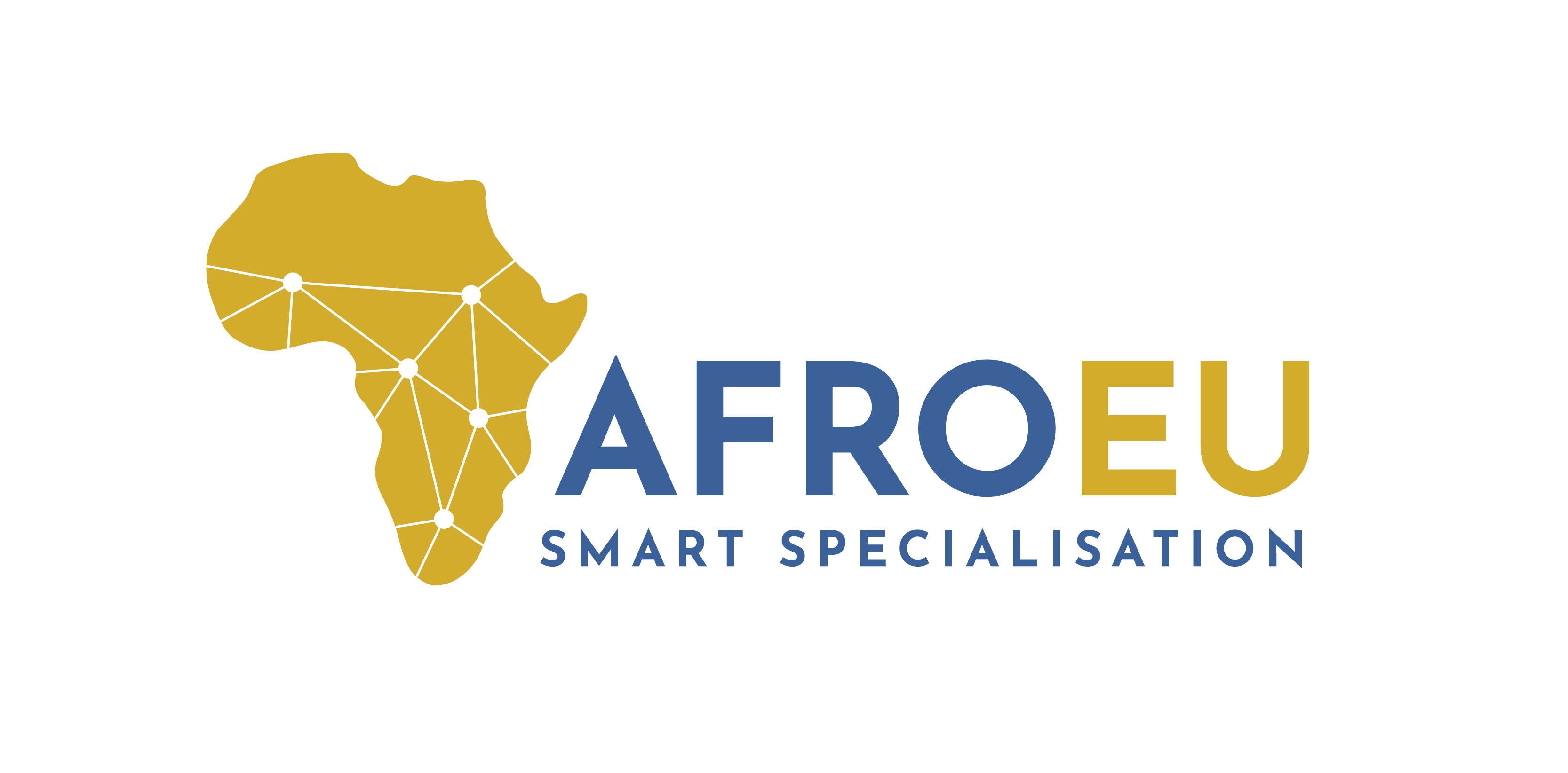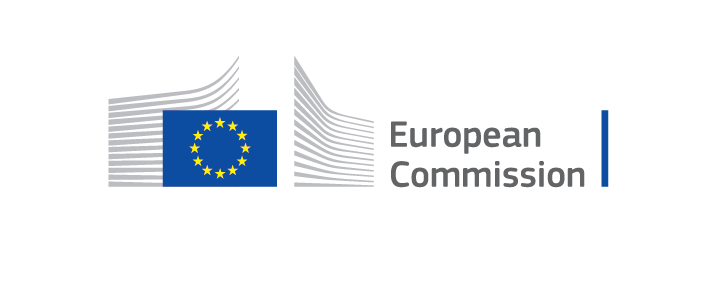EU-Sub-Saharan Africa challenges and opportunities: Engine for Growth and Job Creation?
When: 25.06.2021 on-line platform
Jean Monnet Module on the European Union and the Contemporary Sub-Saharan Africa – an Interdisciplinary Approach - Smart Specialisation-EUAfrica/AFROEU
The huge scale of demographic challenge, coupled with the impact of climatic changes on fragile populations, is a fundamental threat for European and African stability alike, even though rapid African economic growth bears at the same time the promise of fantastic opportunities. Indeed, 5 percent yearly growth will not be sufficient to fulfil this promise. The fertility rate will not be controlled unless decisive progress is made in educating more women. Both demographic and economic trends will need to be channelled and as soon as possible for African development to become sustainable.
The rise of a “smart”, connected Africa is allowing countries across the continent to leapfrog several stages of development in key areas such as banking and telecommunications and is reshaping business and society. Despite this, growth in several African countries has slowed in recent years after more than a decade of solid expansion. Rickety infrastructure, skills shortages, weak governance and a reliance on commodities continue to plague the continent, underscoring the need for economic diversification for sustained, inclusive growth in areas such as agriculture, manufacturing, healthcare, education and banking. Agenda 2063 is the African Union’s blueprint for the future based on inclusive growth and sustainable development. It calls for an integrated Africa guided by Pan-African ideals: an Africa shaped by good governance, democracy, respect for human rights, justice and rule of law; a peaceful and secure Africa; an Africa with a strong cultural identity, common heritage, shared values and ethics; an Africa whose development is people-driven with a key role for women and the youth; a strong, united Africa that can be an influential global player. Smart Specialization underlines the importance of the preparation process which occurs at the regional/country level of the research and innovation strategies.
Leading Questions:
- How can we address the governance, political and stability challenges facing Africa and the EU?
- How can we develop policies to encourage female leadership and participation in politics, business and society?
- How can we mobilise investment for structural transformation Africa?
- What can we do to foster business in Africa including in areas such as health and agriculture?
- Kenya—the silicon savannah
- EU-Africa relations
- EU - Economic Partnership Agreement – how to enhance its effectiveness
- The African Union: Autocracy, Diplomacy and Peacebuilding in Africa
- Compact with Africa: fostering private long-term investment in Africa
9.00-9.30 Welcome address
Speakers
- Professor Piotr Wachowiak – Rector, SGH Warsaw School of Economics
- Phd Michał Matusewicz - Dean of Collegium Management and Finance
Opening Guest Speaker: His Excellency Ambassador Jacek Jankowski – Head of the EU Delegation to Zambia
9.30-10.00 Opening Panel
moderated by PhD Anna Masłoń-Oracz, Rector’s Plenipotentiary for Africa, SGH Warsaw School of Economics, Vice-President of Polish European Community Studies Association
Keynote Speech - Special Panel Guest: Her Excellency, Madame Fatoumata Jallow-Tambajang, Former Vice-President, Republic of the Gambia
10.00 – 11.30: Panel I Governance for growth and inclusive development versus the African Private Equity and Venture Capital
moderated by Fatoumata Diaraye Diallo, Programme Development Manager, Justina Mutale Foundation
Katarzyna Kacperczyk - former Deputy Minister for Foreign Affiars and former Chief Advisor to the Prime Minister of Poland
Maurice Dezou - Founder and Chair of the Tees Valley BME Network
Professor Radosław Miskiewicz – CEO Luma Holding, University of Szczecin
Professor MP Kilion Munyama – Member of Polish Parliament
Dr. George Njenga - Executive Dean Strathmore University
11.30 - 13.00: Panel II Women: political representation and successful development in Africa
moderated by professor Aleksandra Szczerba, professor of law at the Jacob of Paradies University in Gorzów Wielkopolski
HE Phd Justina Mutale - the African Women of 2012, Justina Mutale Foundation
Macdella Cooper - Political Leader at the Movement For One Liberia (MOL)
Anna Maria Rozek – Political leader
PhD Tomasz Gigol - SGH Warsaw School of Economics
Virtual Coffee break
13.15 - 14.45: Panel III Smart specialization strategies and their applicability to sustainability
moderated by PhD Aleksandra Borowicz – Faculty of Economics, University of Gdańsk
Phd Mafini Dosso - Project Leader "Smart Specialisation in Innovative & Informal African Economies" at European Commission's JRC
Professor Anna Visvizi - SGH Warsaw School of Economics, Warsaw, Poland,
Ewa Osuch- Rak - PhD Candidate, SGH Warsaw School of Economics, Warsaw, Poland
Professor Jose Mella - Universidad Autónoma de Madrid, Coordinator of AMENET
14.45 - 16.15: Panel IV A digital economy in Africa - building innovation ecosystem
moderated by Phd Maria Pietrzak - SGH Warsaw School of Economics
Ayo Eso – PhD Candidate Lead City University, Nigeria
Ewa Geresz – Director Program and Global Partnerships, VENTURE CAFÉ WARSAW FOUNDATION, CIC
Kasia Lechka - an entrepreneur, innovation consultant, Paris Chapter Head of PLUGin Foundation promoting polish innovation and technology abroad.
PhD Tomek Pilewicz - SGH Warsaw School of Economics
Closing Remarks
Dan LeClair, CEO GBSN and Anna Masłoń - Oracz

